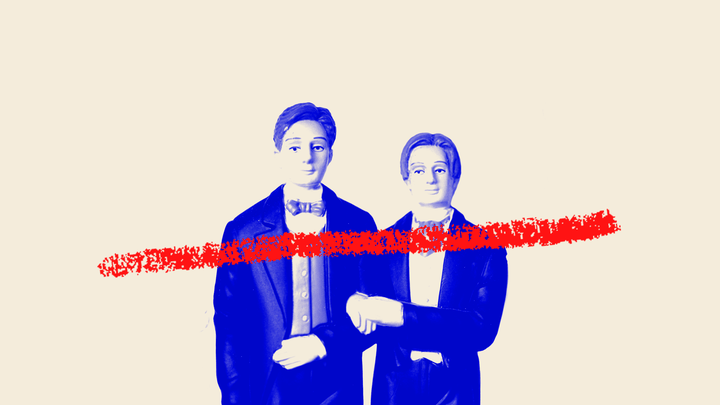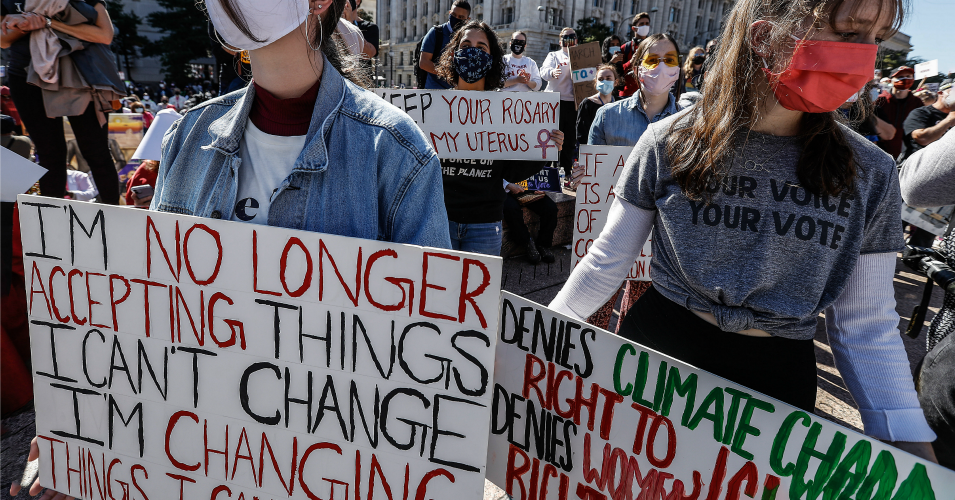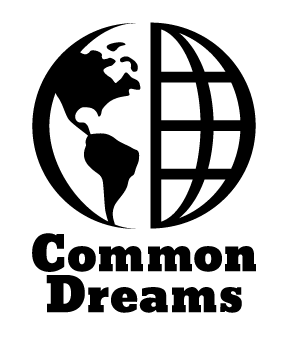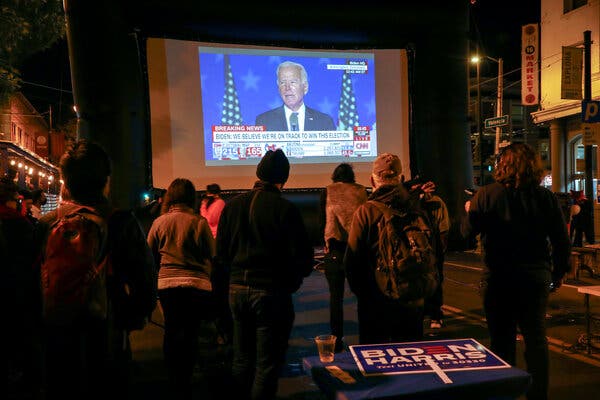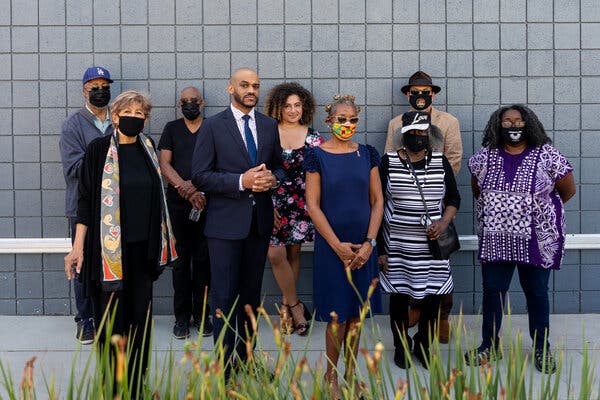On a late fall day last year, Twitter CEO Jack Dorsey sat down on a couch on the company’s San Francisco roof deck and dug into a problem. Next to him was the company’s general counsel, Vijaya Gadde. The 2020 U.S. election was barely a year out and Twitter executives were worried the company was steering into the exact mess it had helped fuel in 2016, when political campaigns and Russian disinformation artists had pumped so much chaos into the system through precision-targeted social-media ads that the world’s democratic institutions could barely keep up.
Twitter had added new transparency rules, making ad buyers disclose who they were. It wasn’t enough. What more could it do? Gadde pitched Dorsey on a radical idea for a fix: Maybe Twitter should just, well, stop selling political ads. It was a bold idea — no other major American platform had simply banned political ads — and Dorsey wasn’t immediately sold. For one thing, the company had built itself around a commitment to hosting a free-flowing public conversation.
Gadde pressed her case, and she had allies on the idea inside the building, including the head of Twitter’s trust and safety team. Within days Dorsey […]
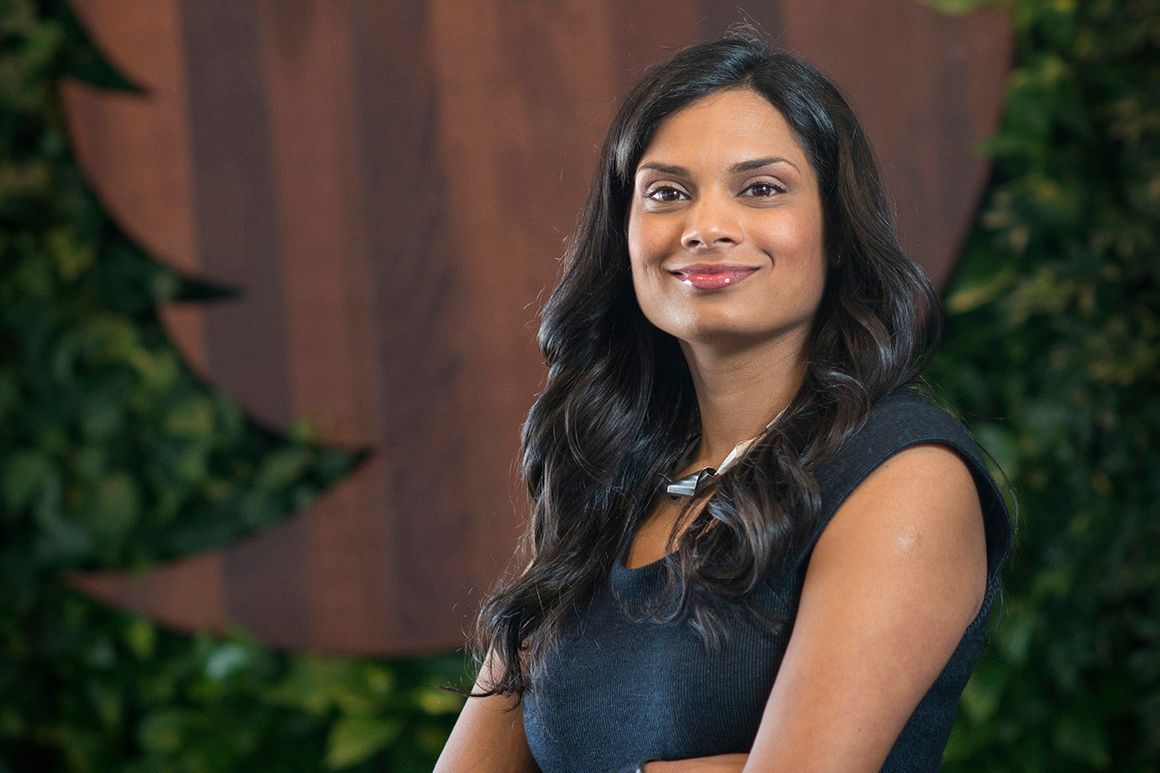

Add a comment


